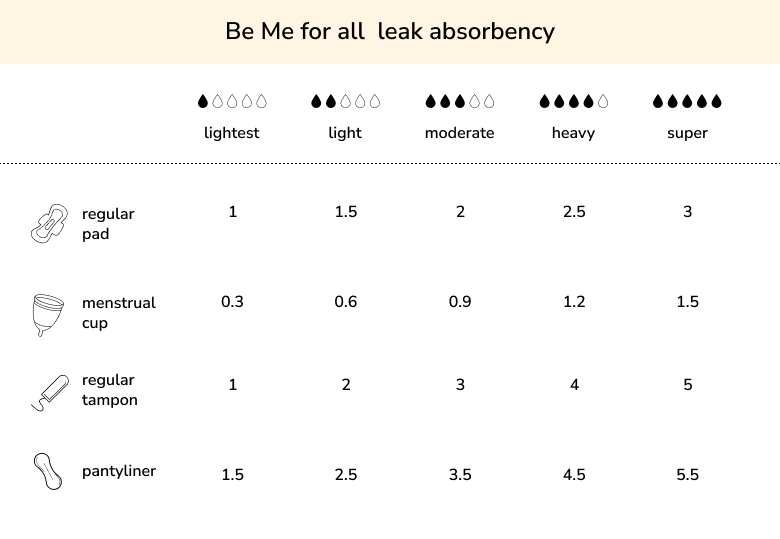
3 Menstrual Hygiene Schemes That Make Us Proud Of India!
Let’s think about the following statement for a moment: is a woman’s menstrual health only her concern?
Certainly not. Because, women’s menstrual health is directly related to their education, employment, income, and the overall development of the country as well.
If Indian women don’t receive the help, care, and support that they deserve during menstruation, then they won’t be able to ace their daily tasks around the house, go to school or show up to work with gusto.
A breakthrough in this regard came directly from Indian Prime Minister Narendra Modi in 2020 when he declared that menstrual hygiene is not a “women’s problem” but a matter of public health.
Kudos to him for normalizing it in front of millions of people who would prefer shying away from speaking about menstruation, let alone saying the apparently “offensive” word.
Today’s Be Me blog will be documenting menstrual hygiene schemes that wish to lead the country to an open-minded and progressive path.
Starting with…
1. MENSTRUAL HYGIENE SCHEME

Introduced in 2011 under the National Health Mission (NHM), this scheme aims to promote menstrual hygiene practices among rural girls between 10 to 19 years.
The primary objectives of this scheme are to increase awareness about menstruation, access to menstrual hygiene products, and ensure the safe disposal of sanitary napkins in an environmentally-friendly manner.
Here are three Yoga poses to do during your period:
i. COBRA POSE: Lie face down with your feet and legs together. With your hands under your shoulders, push up without moving your legs. Hold the pose for several seconds (30-60) or as long as you can handle. Make sure to take deep breaths while holding the pose. Lie flat when you're done and breathe deeply. Repeat only until you are comfortable doing so.
ii. CAT TO COW POSE: Get on your hands and knees, and support your weight with hands at about shoulder-width apart. Take a deep breath and push your tummy toward the ground. Then, stretch your head while you push. Gently exhale while stretching your back the opposite way and curve it inward. Repeat as often as you can while breathing slowly.
iii. FISH POSE: Take a pillow and lay it lengthwise on the floor. Lie on it with your head, neck, and back. Keep your arms out and away from your body comfortably. Lay in this pose for as long as you can. If you experience pain in the lower back, keep your knees up on flat feet.
2 RKSK

Rashtriya Kishore Swasthya Karyakram was launched in 2014 to educate adolescent girls about menstruation and increase their availability of sanitary pads.
This scheme is also wholesome in the sense that it wishes to target both males and females who comprise a little more than one-fifth of India’s total population. Counseling and guidance are to be given to them about nutrition, education, etc.
3. KISHORI SWASTHYA YOJANA

This scheme aims to empower adolescent girls so that they can grow up smart and take charge of their lives. It is a redesign of the already-existing Adolescent Girls (AG) Scheme being implemented as a component under the centrally sponsored Integrated Child Development Services (ICDS) Scheme. It also focuses on the nutritional health and development status of the younglings and promotes awareness of health, nutrition, family care, etc.
In Bihar, adolescent girls are given Rs. 300/- to buy sanitary pads under the Kishori Swasthya Yojana.
DID YOU KNOW: Bihar is also the only Indian state currently which provides two days of menstrual leave to its female employees every month?
As you can tell, there are many schemes in place meant to protect Indian women’s menstrual health. However, there needs to be more effort, awareness, and easy availability of menstrual hygiene products.
Sadly, sanitary pads are also considered a luxury by rural women.
This is why Be Me Woman exists. To bridge this gap, to welcome anyone and everyone to experience the comfort and pocket-friendliness of our cotton sanitary pads.
We also urge you to educate anyone who could learn a thing or two about how they can spend their periods tidily and safely. Good luck! And, here’s to a greener and cleaner India.









